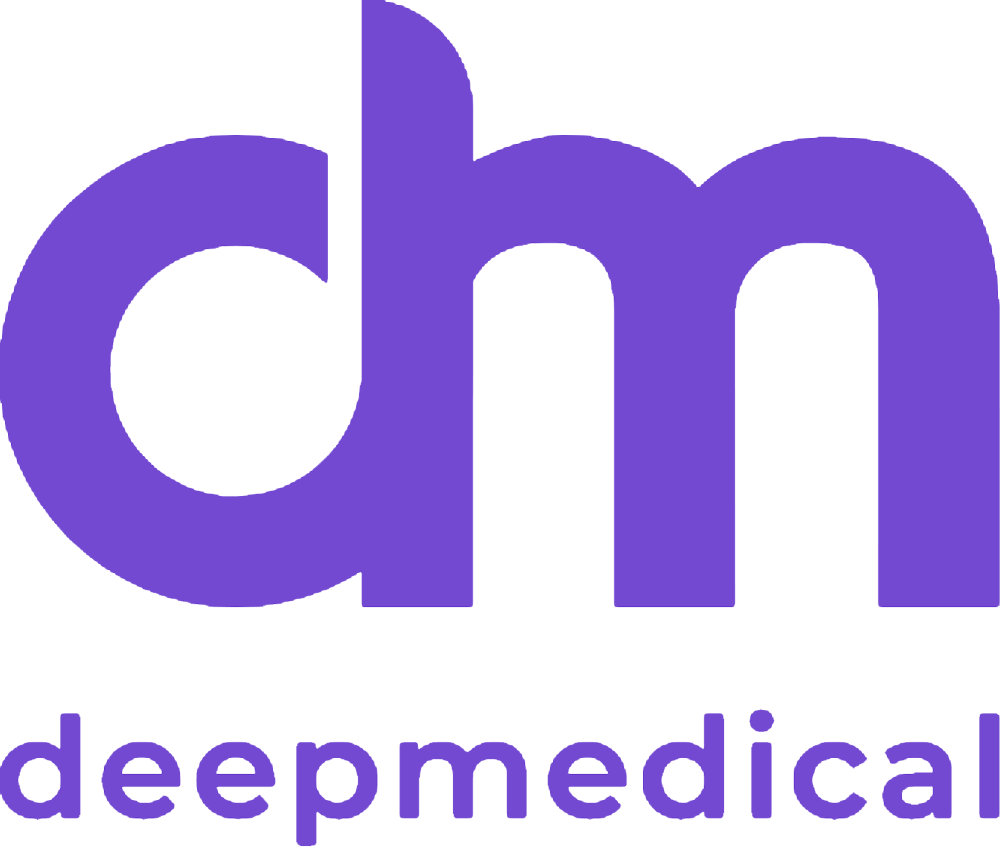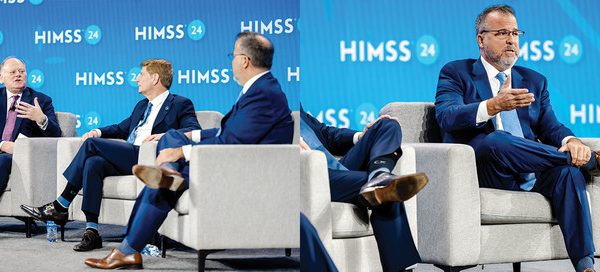The NHS will roll out artificial intelligence (AI) receptionists under new plans to cut the number of missed hospital appointments.
The technology, which books appointments and predicts who will not attend, is set to be used by 10 NHS trusts across England after a successful pilot in Essex.
The AI programme, created by tech firm Deep Medical, uses insights including people’s jobs, childcare commitments, live traffic and weather updates to determine who is most unlikely to show up and maximise doctors’ time.
NHS leaders plan to tackle the 7.6 million waiting list by clamping down on the one in 20 hospital appointments that are lost to Did Not Attends (DNAs).
In 2023, eight million, or 6.5 per cent, of the 124.5 million outpatient appointments in England involved a no-show.
The software’s creators, an AI expert and junior doctor turned clinical entrepreneur, claim their product can predict DNAs with 90 per cent accuracy.
Through machine learning, the programme is then able to populate a doctor’s patient list for the day to include additional patients.
For example, it would calculate 21 people for 20 consultant slots on the basis that one person would not turn up.
If all 21 did attend, the doctor would claim the extra time back spent working in lieu, which is also factored into future scheduling.
Savings forecast
In the pilot at Mid and South Essex NHS Foundation Trust, the programme reduced DNAs by 30 per cent over a six-month period, with just 377 people not turning up for an appointment.
It meant an extra 1,910 people were seen and is forecast to save the trust £27.5 million in a single year.
The cost of missed appointments across the whole country is about £1.2 billion, according to the NHS.
Hospitals in London, Newcastle, Northampton, Surrey and Devon are among those set to benefit and more are likely to sign up, it is understood.
The highest proportion of DNAs occur in physiotherapy, with 11 per cent of slots missed
This is followed by cardiology at 8.9 per cent, ophthalmology at 8.8 per cent, and trauma and orthopaedics at 7.9 per cent.
Dr Vin Diwakar, the national director for transformation at NHS England, said “the use of AI to help reduce the number of missed appointments is another example of how new technologies are helping to improve care for patients”.
“Not only can these technologies help to free up doctors’ time to treat more patients and reduce waiting times for planned care, it means a significant amount of money can be invested in frontline care rather than lost to missed appointments,” he added.
Last week Chancellor Jeremy Hunt announced £3.4 billion of funding for the NHS to double its investment in new technology.
‘Transformative’
Lord Markham, the health minister, said: “Artificial intelligence is transforming the way we deliver healthcare, and this technology will help cut waiting lists and allow hundreds of thousands more patients to be seen every year.
“Alongside this, it will free up doctors’ time, deliver quicker test results, and save tens of millions of pounds every year.
“These kind of benefits are exactly why AI forms a central part of our £3.4 billion plan to boost productivity in the NHS – alongside a wider package to replace outdated IT systems and unlock up to £35 billion in savings.”
A separate pilot at University Hospitals Coventry and Warwickshire NHS Trust uses “process mining” to help them see how well their processes are working, revealing bottlenecks and other areas of improvement.
They looked at DNAs and identified a spike in last-minute cancellations after two text reminders had been sent.
As a result it was agreed that messaging patients two weeks before an appointment and then four days before was most effective, as it meant they could cancel earlier and re-book in plenty of time.
DNAs for those patients dropped from 10 per cent to four per cent, the NHS said.










